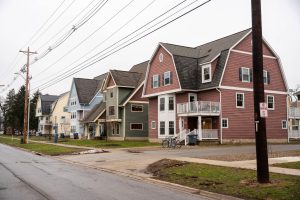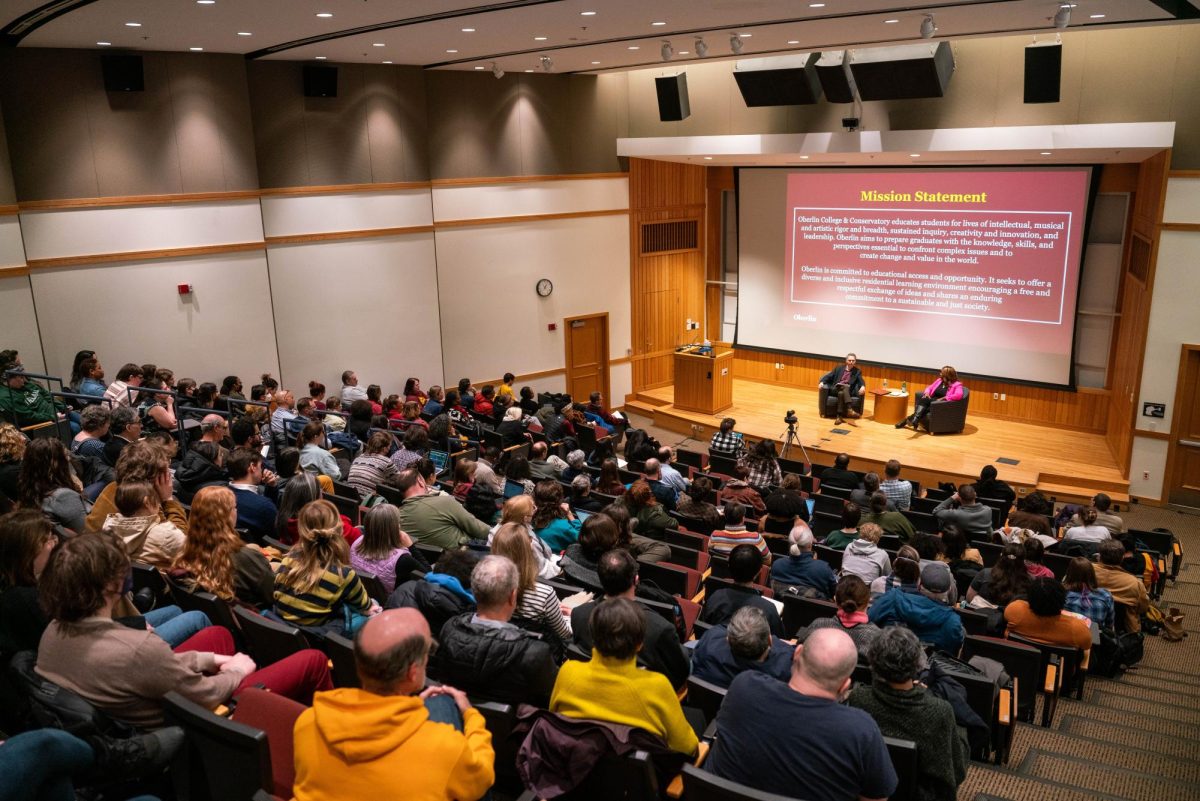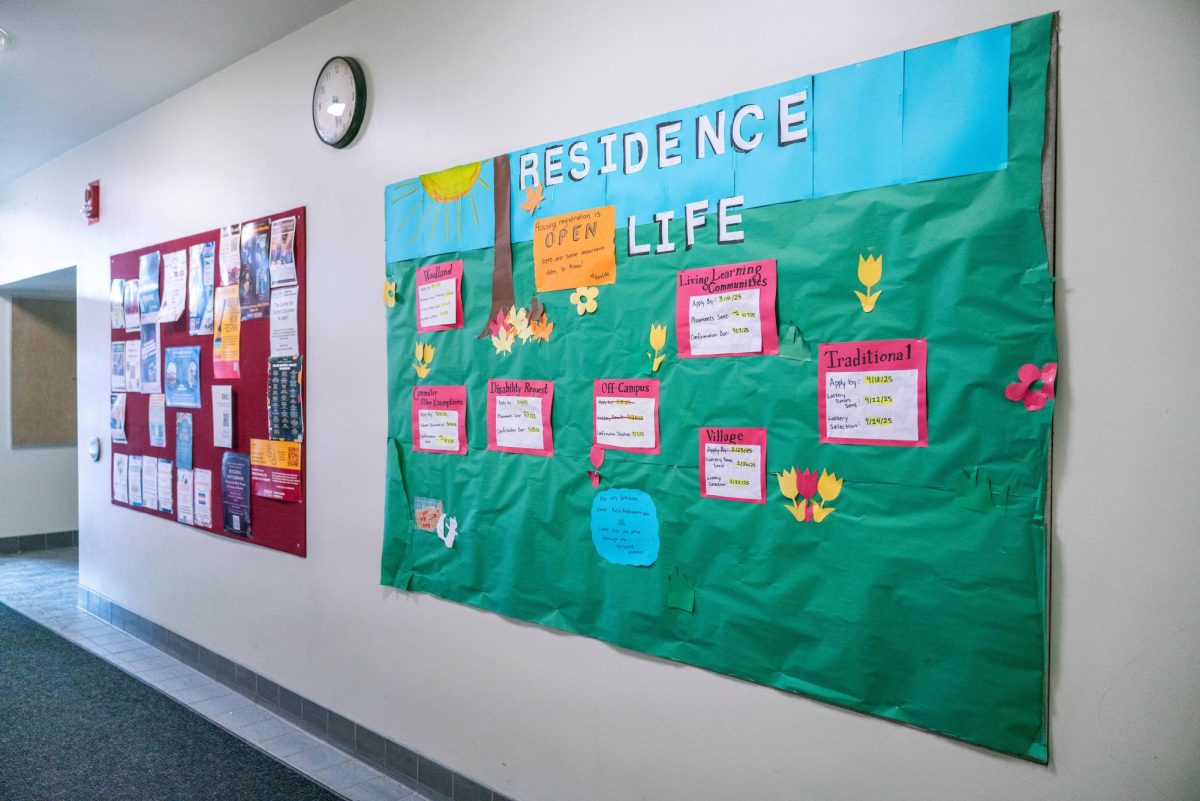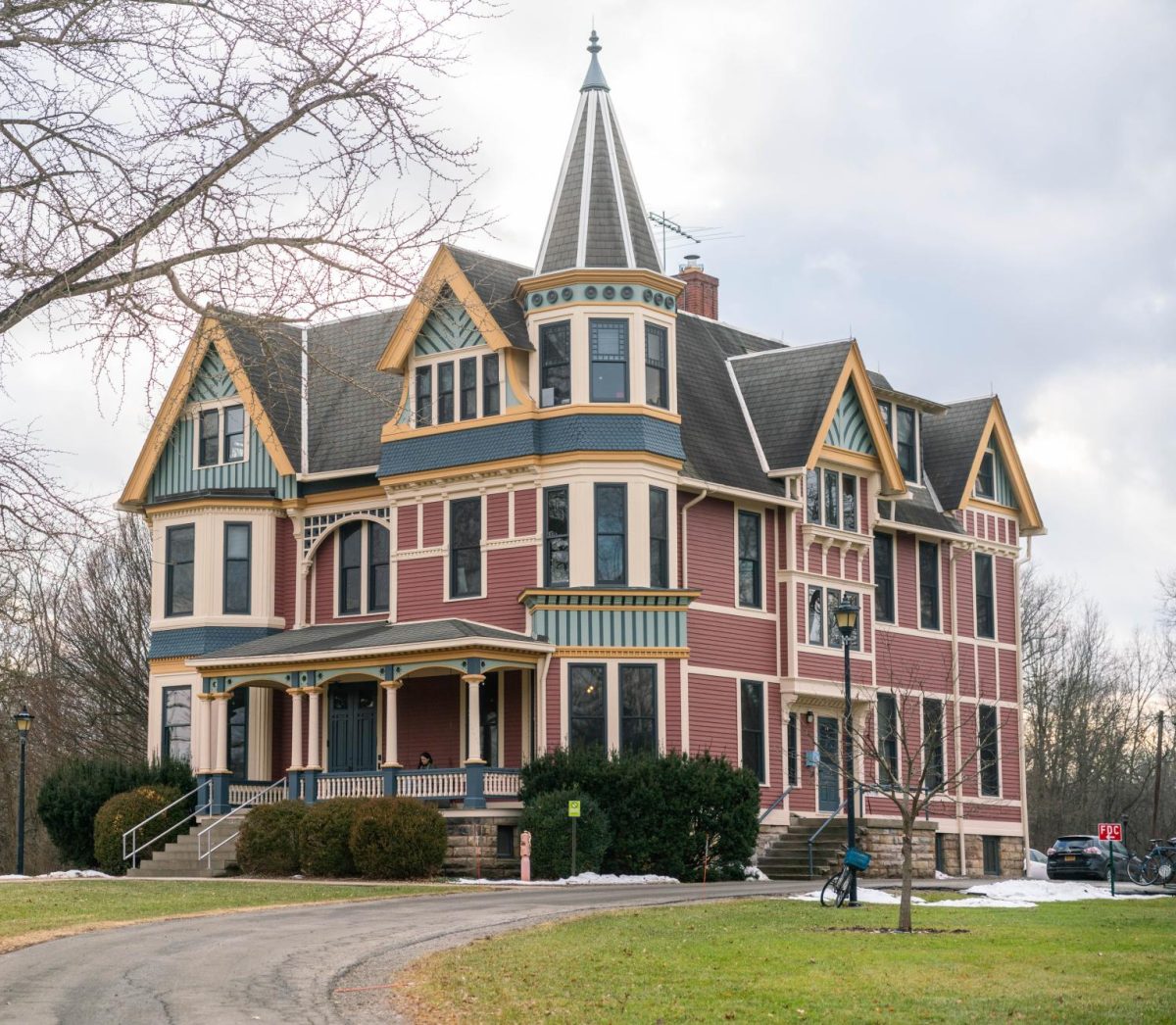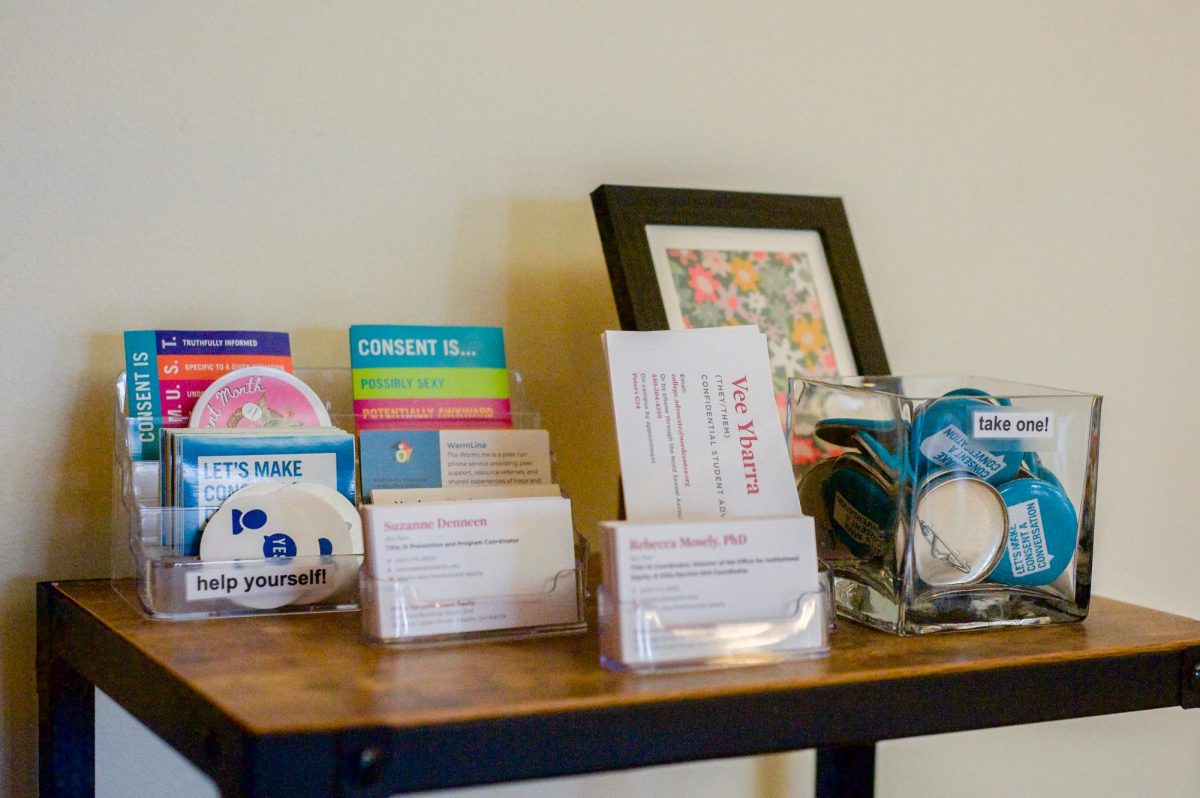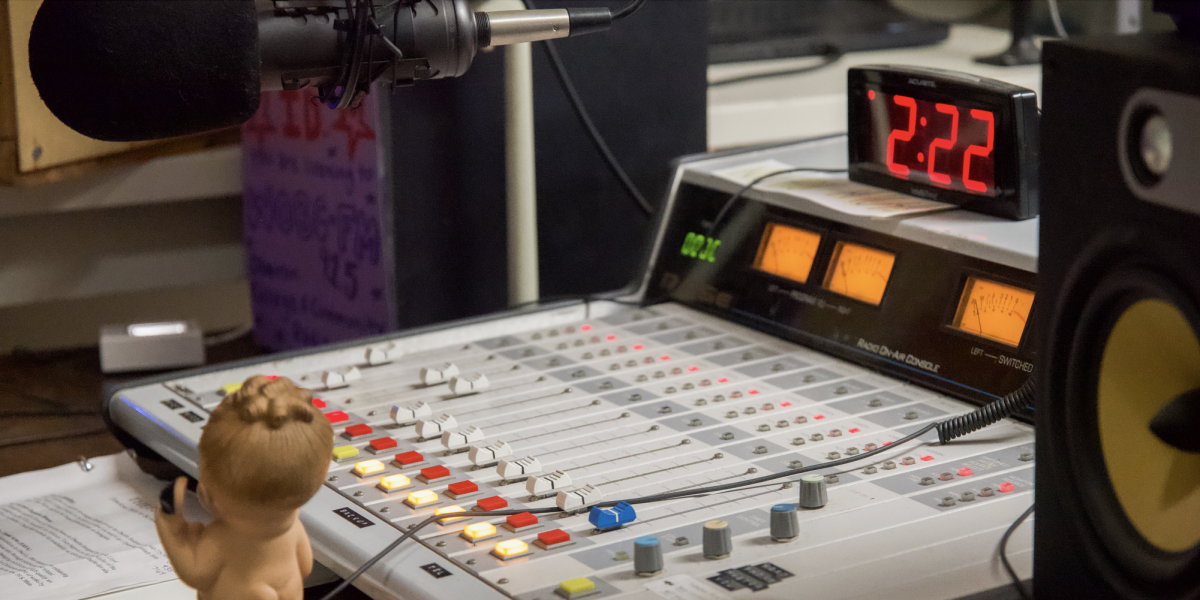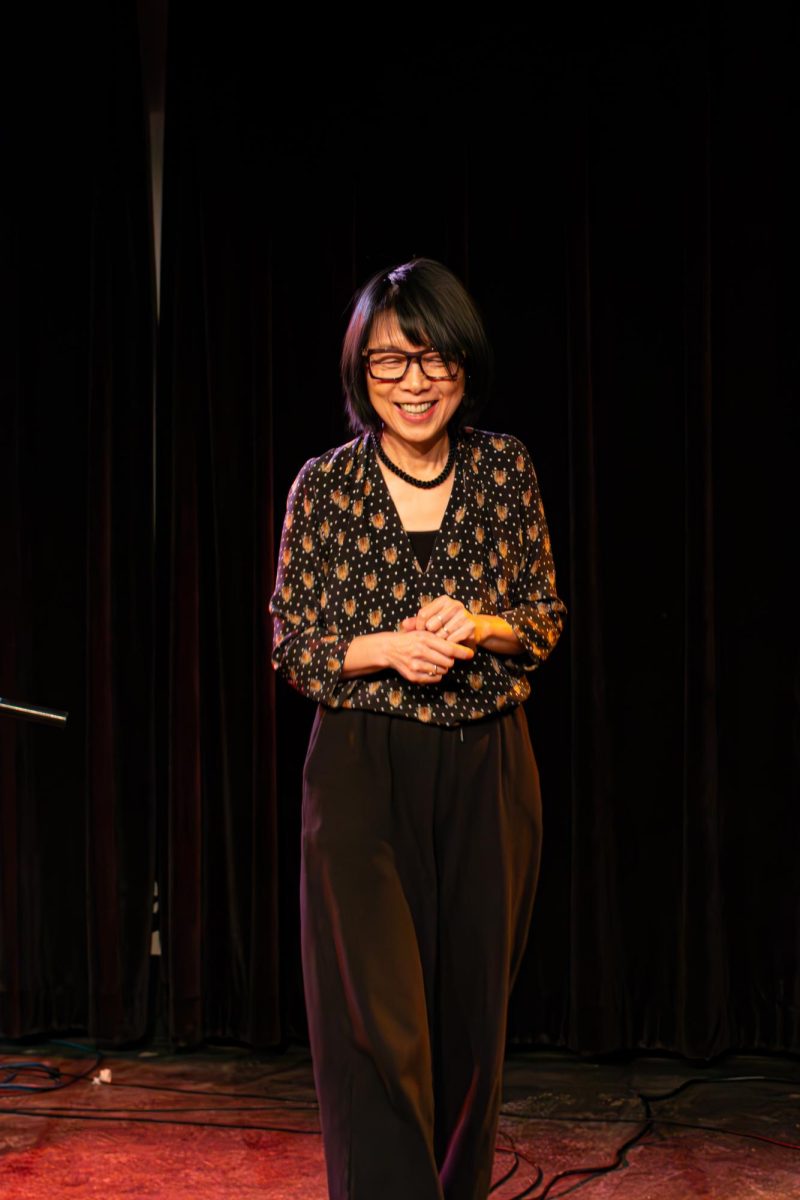Freedom of Speech Threatened in Dakota Access Pipeline Protests
October 28, 2016
When the Bundy Brothers were being acquitted for their January occupation of the Malheur National Wildlife Refuge, several activists and journalists were getting thrown behind bars for protesting the construction of the Dakota Access Pipeline, a 1,172-mile long route that would transport 470,000 barrels of sweet crude oil daily across four states from North Dakota to Illinois.
On Monday, Oct. 10, North Dakota’s Morton County police arrested the actress Shailene Woodley for live-streaming an Indigenous Peoples’ Day protest to her 40,000 Facebook followers. Following her release, Woodley penned an article titled “The Truth About My Arrest,” published Oct. 20 in TIME. “We grow up romanticizing native culture, native art, native history … without knowing native reality,” Woodley wrote. “It took me, a white non-native woman being arrested on Oct 10th in North Dakota, on Indigenous Peoples’ Day, to bring this cause to many people’s attention. And to the forefront of news publications around the world.”
The following day, documentary filmmaker Deia Schlosberg was arrested at a climate change protest in Walhalla, ND on three counts of conspiracy to theft of property, conspiracy to theft of services and conspiracy to tampering with or damaging a public service. Though Schlosberg’s crime was filming two activists who were attempting to destroy the pipleline to shed light on these events, she now faces a possible 45 years in prison.
Democracy Now! reporter Amy Goodman was issued an arrest warrant on Thursday, Sept. 8 for trespassing while reporting on the pipeline protests, which was later changed to a misdemeanor riot charge, punishable with jail time and a fine. Prosecutor Ladd Erickson justified her punishment to the Grand Ford Herald, saying, “She’s a protestor, basically.” Apparently by daring to report on the efforts of the Standing Rock Sioux, Goodman had invalidated herself as a journalist.
At the courthouse, approximately 200 people rallied in protest of the charge, according to Goodman’s husband Denis Moynihan, who joined her at Standing Rock. The judge dismissed the charge the same day.
These three journalists, along with the Sacred Stone Camp, others at Standing Rock and the countless personal social media accounts of Native protesters, have been providing valuable coverage of the “water protectors’” civil disobedience, while most major networks have ignored the protests since they first erupted in April. It wasn’t until Goodman’s footage of police dogs violently attacking protestors went viral on Sept. 4 that the American public became aware of the environmental injustices and human rights violations occurring along the pipeline route, which cuts through sacred Lakota burial grounds and could potentially contaminate the groundwater if the pipeline were to burst.
The arrests of journalists in the wake of the events surronding the pipeline is a breach of First Amendment rights. Professional or civilian, these reporters are fulfilling their duty to reveal the true nature of the crimes perpetrated by private oil companies. These violations of freedom of press aren’t new by any means — in 2011, 36 journalists were jailed for covering Occupy Wall Street protests, and in 2014, 19 journalists were jailed for covering the Ferguson protests.
The issues of indigenous peoples have been swept under the rug for as long as the existence of this country, though our sports teams and Halloween costumes continue to fetishize Native traditions. Despite the growth of the Black Lives Matter movement and an increasing public awareness of police brutality, many do not know that Native people are more likely to be killed by law enforcement than any other ethnicity. Indigenous peoples have had their land stolen and poisoned and their communities torn apart by forced removal. Without the media, we would be woefully uninformed about the continued violence against the indigenous people occuring now in the Dakotas.
Exposing corruption, greed and injustice in the land of the free is part of a journalist’s job, and should be protected; Native people’s right to clean water and sovereignty should be as well.





